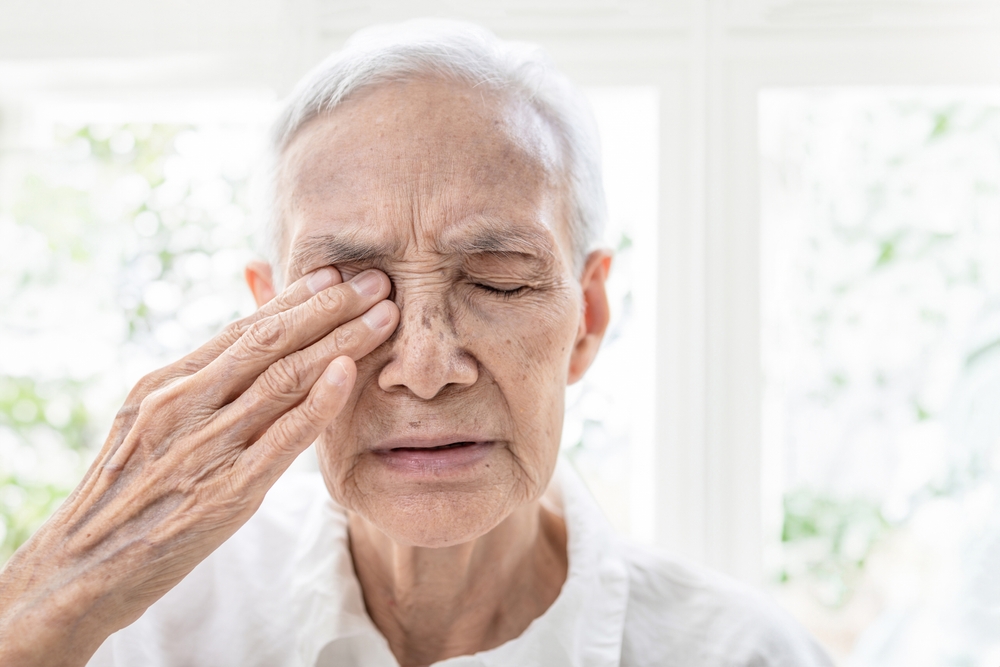
As we age, changes in our vision become a natural part of life. For seniors in New York, maintaining good eye health is essential for staying independent and enjoying daily activities. Whether it’s driving, reading, or simply recognizing familiar faces, clear vision plays a vital role in quality of life. Here are some common age-related eye conditions to keep on your radar and what you can do to preserve your vision.
Presbyopia
If you find yourself holding books or menus at arm’s length, you’re not alone. Presbyopia is a common condition that makes it harder to focus on close objects, typically starting in the early 40s. While reading glasses can help, a comprehensive eye exam can ensure that presbyopia isn’t masking other vision problems.
Cataracts
Cataracts develop gradually, causing blurry vision, glare sensitivity, and difficulty seeing at night. If colors seem dull or lights appear too bright, cataracts could be the culprit. The good news is that cataract surgery is highly effective and can restore sharp, vibrant vision.
Glaucoma
Glaucoma is tricky—it doesn’t cause noticeable symptoms in its early stages. By the time vision loss becomes obvious, the damage is often permanent. Since glaucoma tends to run in families, routine eye pressure checks and optic nerve evaluations are critical for early detection and treatment.
Age-Related Macular Degeneration (AMD)
AMD affects the macula, the part of the retina responsible for sharp, central vision. Difficulty recognizing faces, reading small print, or seeing straight lines clearly can be early warning signs. While there’s no cure, treatments like nutritional supplements and lifestyle adjustments can help slow its progression.
Dry Eye Syndrome
Do your eyes feel gritty, itchy, or excessively watery? Dry eye syndrome is a frequent complaint among seniors, especially in seasonal climates like New York where indoor heating or air conditioning can worsen symptoms. Prescription eye drops, tear duct plugs, or in-office treatments can bring lasting relief.
Diabetic Retinopathy
For seniors managing diabetes, keeping blood sugar levels in check is crucial for eye health. Diabetic retinopathy can cause floaters, dark spots, or even permanent vision loss if left untreated. Annual dilated eye exams can catch early changes before they become severe.
How to Protect Your Vision as You Age
Staying proactive with your eye health ensures you don’t miss out. Here’s what you can do:
Schedule Annual Eye Exams – Many serious eye diseases start without symptoms. A yearly check-up is the best way to catch issues early.
Manage Health Conditions – High blood pressure, diabetes, and cholesterol can impact vision. Keeping them in check is important for overall eye health.
Wear Sunglasses – Protecting your eyes from UV rays helps prevent cataracts and macular degeneration.
Eat an Eye-Healthy Diet – Foods rich in omega-3s, lutein, and vitamin C support long-term vision health.
Stay Active – Regular exercise improves circulation, which benefits eye health.
Your Vision Matters—Let’s Keep It Clear
As you age, prioritizing your eye health can help you maintain independence and continue enjoying the things you love. Whether it’s reading, driving, or simply seeing your loved ones clearly, regular eye care is essential.
At Westchester Eyes, we are committed to helping seniors in Yonkers, White Plains, and Pleasantville protect their sight with expert care and personalized solutions. Call (914) 586-EYES (3937) to schedule your comprehensive eye exam to ensure your vision stays strong for years to come.









